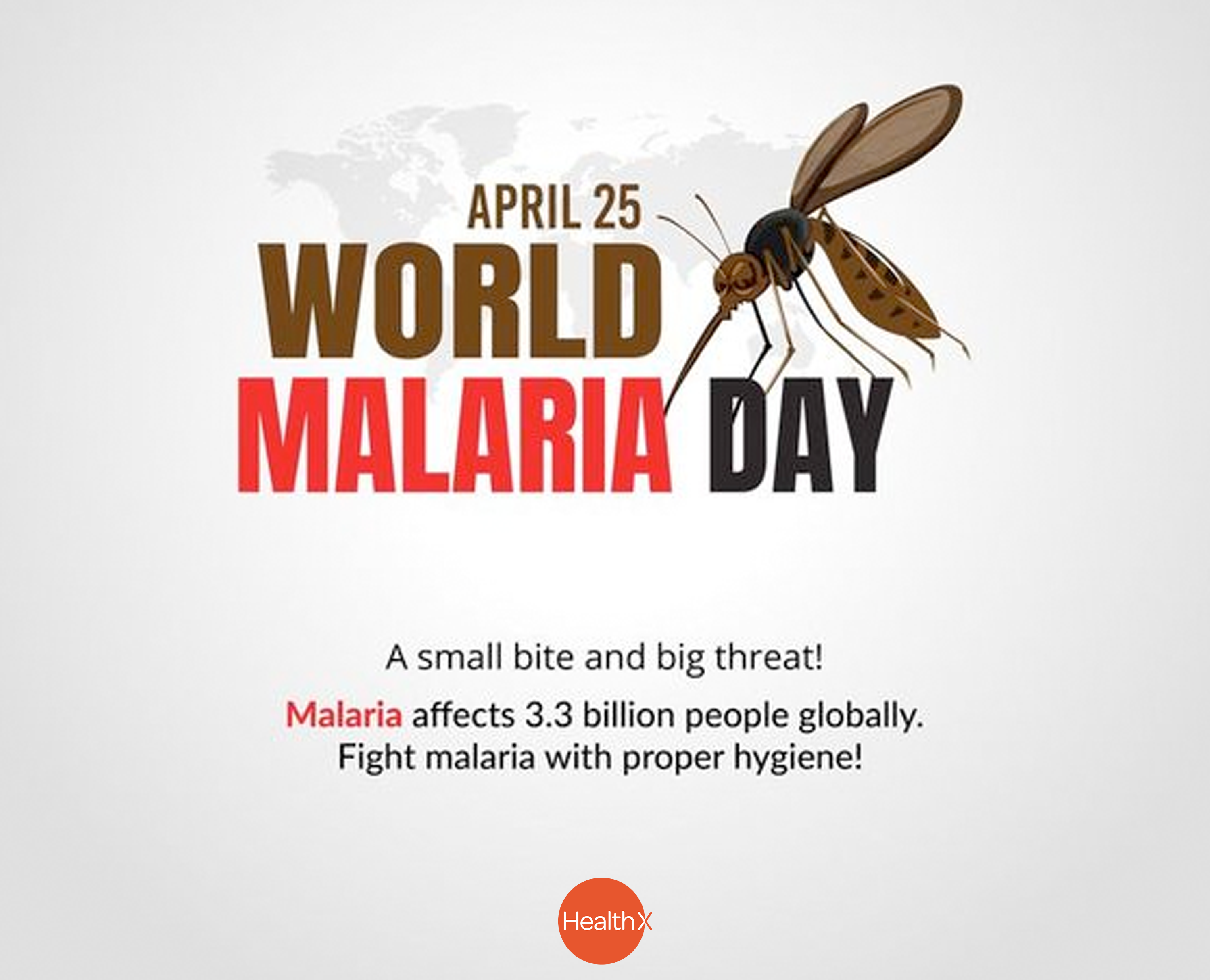NANCY AND ROGER DAY Growing in Friendship and Love
Laughter, music, friendship and love are just some of what is contained in the shared joy that is Nancy and Roger Day’s marriage. This humorous couple cannot remember a time
Laughter, music, friendship and love are just some of what is contained in the shared joy that is Nancy and Roger Day’s marriage. This humorous couple cannot remember a time when talking to each other ever got boring, or spending time together became too routine. Bird watching, travelling, nature walks, theatre and playing Sudoku are a few of the countless interests they share. From their home in Loresho, Nairobi, the couple shares with KELAH KATHURE the most memorable moments of their 13-year-old marriage.
The beginning…
Roger: I was born in Nigeria in 1958, although my family moved back to England when I was a few weeks old. My father was a missionary pastor who ran a theological college, so we moved around a lot. My mother is a trained chemist and over the years spent quite some time teaching chemistry. When I was ten years old, I was enrolled in a boarding school to provide me a more stable environment. Even back then, I was interested in natural sciences, so by the time I got to college I knew exactly what I was going to study. My first degree was in Zoology, while both my Master’s and PhD were in Entomology. I have an older brother who teaches languages and a younger sister who is also a trained teacher. I came to work in Kenya in 1992, and currently hold the post of Deputy Regional Director (Development) at CABI Africa, a non-profit science-based development and information organization.
Nancy: I was born in Nairobi in 1973 to a family of seven children, three boys and four girls. I am the fourth child. I did the first seven years of school in Nairobi before transferring to a boarding school in Western Kenya. After primary school, I joined Precious Blood School in Kilungu, Machakos District. I developed a great love for music and had the opportunity to move to Loreto Msongari High school, where I could pursue my passion. I took music as one of my exam subjects and learnt to play the piano. I later joined Kenyatta University to study music. After graduation, I joined St. Mary’s School is Nairobi as a music teacher. I enjoyed teaching music. I later joined Exeter University in the UK for a Masters programme, which allowed me to study art, dance and drama in addition to music. Apart from teaching music, I also write music and perform on stage.
The meeting…
Roger: We met through music, literally. It was way back in 1994, a few months before Christmas. Our church, Lavington United Church, was celebrating its anniversary and all the music groups in the church came together to put up a joint presentation. I was in the main choir and Nancy was the music director of the youth choir. For whatever reason, Nancy and I were the only two people who turned up for practice meetings on time and this gave us the opportunity to chat and get to know each other. I remember one Saturday afternoon when we stood at the car park for hours, just chatting. I later gathered enough courage and asked her out to dinner.
Nancy: I thought the dinner invitation was to strategise on our music project. Roger having any other interest in me was the furthest thing on my mind. There was little, if any, mention of music on that first dinner meeting. We just seemed to connect in a certain way, and we talked about many things. What I really liked about our conversation was that he was actually listening keenly to what I was saying. That was quite refreshing, but I didn’t think of him in a romantic way – not for a long time. Ours was not love at first sight. The relationship grew steadily and naturally, starting with a deep friendship. Roger: We started dating in early 1995, a difficult time because my father was ill and eventually passed on. I remember a night Nancy was performing at a concert and I could not stay to the end of the show because I had to catch a plane to UK to see my sick father. Sadly, Nancy never got to meet him.
Inter-racial marriage…
Nancy: I come from a mixed parentage. My father is Kamba and my mother Taita, so marrying outside my race was not a big deal. Also, my brother was already married to a white lady so my family had already been exposed to inter-racial marriage. If people talked or commented about our relationship based on race, I didn’t hear about it. My only concern was that Roger should not be given a hard time during dowry negotiations.
Roger: My family was totally accepting of me marrying Nancy and were not surprised that I was marrying a Kenyan woman. I never felt any resistance from her family and we get along very well. When I met Nancy’s father to express my desire to marry his daughter, his only concern was that she was too young. He was raising a genuine concern as a loving father and was not trying to deny us our happiness. In our ‘Mzungu’ culture, a man is supposed to ask the girl’s father for her hand in marriage. I didn’t know at the time that in Kamba culture, a man is not supposed to approach the girl’s father directly, but through emissaries. Nonetheless we got his blessings.
The proposal…
Roger: About two years into the relationship, I had no doubt in my mind that Nancy was the woman for me. However, I wanted the proposal to be special and done at the right time.
Nancy: I found it frustrating not being able to spend more time with Roger. It was always hard when we had to part after spending time together. I wanted to be with him and not have to worry that it was getting late. I was the first to broach the idea of marriage, not out of desperation but wanting to be close to him.
Roger: We both love nature, and I thought being surrounded by something we both cherish would make for a memorable proposal. So one weekend in 1997, we went away to the Nakuru National Park to watch birds and enjoy the scenery. As we chatted one evening watching a beautiful sunset, I asked Nancy to marry me. There were no theatrics, and there was no ring.
Nancy: Of course I said yes, although it was the most unexpected timing but nonetheless a pleasant surprise. Despite knowing that I really wanted to marry Roger, his proposal got me thinking – “Nancy is this what you really want?” The answer came easily. Roger was my friend, and the best man I could ever wish for. Without a doubt I wanted him as my husband. It took about four months to plan the wedding. We got married on August 9, 1997 at the Lavington United Church.
The dowry process…
Roger: Nancy was more concerned about going the traditional route than I was. In fact, I wasn’t worried at all and in the end everything went on smoothly. Since I was not allowed to handle dowry matters directly with my in-laws, I appointed a representative, Colonel Francis Ogolla, a trusted friend and a great negotiator. Col. Ogolla first took three goats to Nancy’s village elders so they could accept my proposal to marry their daughter. Nancy and I were not present for this ceremony. Next, I gave one goat to her family as a way of introducing myself. The goat was slaughtered and we all shared in the meat eating. My understanding of the dowry tradition was that it was a means of building a relationship with her family, which I embraced totally.
Nancy: I remember at first not being too keen on the whole dowry issue, because I didn’t understand it and it felt like I was being ‘sold.’ But when I learnt the importance of the tradition, I slowly warmed up to it. There was another ceremony performed known in Kamba culture as Kyathi, where we were both asked to state our commitment to marrying each other. Roger was asked if he would take care of me and I was asked if I was ready to marry him… It was like saying real wedding vows.
Love and companionship…
Roger: With time, what draws you to your partner evolves. You get to know your partner a lot better after marriage. The things you have in common become more meaningful as you grow together. When I met Nancy, I found many attractive elements about her. Yes, there was her physical beauty – she’s a lovely woman! But there was also the fact that we shared so many interests including our faith. I love her intellect, how she thinks, because it challenges me to think of a solution to a problem in a different way. She says that I use the most complicated solutions to a problem, which is somewhat true. I love coming home and sharing events of my day with Nancy, knowing she listens to what I say. Her companionship and friendship is amazing.
Nancy: Roger is a very smart guy by any standard. He has a way of leveling with me and sharpening me, so that we are on the same level of understanding. We have very different thought processes, meaning we have to find a middle ground. I am grateful for the support he gives me. Since my life is music, there are times I get so involved in organising musicals and concerts, but Roger takes it all in his stride and encourages me. He attends all my shows. I treasure the fact that he lets me grow. I don’t feel stifled. Roger also has an interesting sense of humour, which only comes out around people he knows well. There was a time I would feel embarrassed by some of the stunts he pulls, like giving me a spider for a birthday present, but I learned to laugh along. He loosened up my serious side.
Roger: I think a relationship endures when you keep learning something new about the other person. Just when you think you know everything about your partner, they go ahead and surprise you. It’s quite refreshing. A little while ago we started doing Sudoku puzzles together, and it’s been great. Sitting and working it out until late into the night makes for some good quality time together. In the process of solving the puzzle, we also learn how the other person reacts to a correction or a victory. It’s fun.
Nancy: We also enjoy the theatre and try to squeeze in watching a play despite our busy schedules. We try to be around each other as much as possible. Traveling and hiking are also fun activities for us. We also go to church together and attend the Kiswahili service, which helps Roger learn the language.
Major challenges…
Roger: The biggest challenge for me was definitely the year Nancy went away to study for her Master’s degree. I remember taking her to the airport and crying my eyes out. Her being away was disruptive in the sense that I was so used to having her around, so her absence hit me hard. Back then, mobile phones and e-mail were not a common thing but we did everything possible to maintain constant communication. We even came up with a routine where every Saturday, Nancy would walk to a phone booth near where she was living and either call me or wait for me to call her. It was a huge relief when she finally came back. However, she was a different person because a year away in a foreign country is a changing experience. So it was like starting a new relationship, and we had that much more to talk about.
Nancy: I think the issue of absence also applies to me. Roger’s work involves a lot of travelling. It gets lonely without him. It was extremely difficult, especially when we were newly married. He would be here for a while, then gone for two weeks, come back and leave again. It was very hard for me to establish a rhythm between when he was gone and when he was around. Luckily I had work to keep me busy, and like Roger said, we stay in touch. Even to this day, I don’t like it when he travels so much, although it’s much easier now because of technology. He is always a phone call or an email away.
Biggest lessons in marriage…
Roger: Well, there isn’t one specific thing, but I must admit that I was somewhat naive as far as building relationships was concerned. I come from a very close-knit family, so to some extent I didn’t learn to put any effort into building relationships. But starting a relationship outside your family takes effort. You have to learn about someone else from scratch, and embrace their strengths as well as their weaknesses. It takes time, willingness and patience. I don’t think I’m a people person, but I have learnt to work at becoming a better friend and a better husband to Nancy. The effort is well worth it.
Nancy: I have learnt that in order to be in a good relationship with anybody, you have to start with yourself. I had a lot of expectations, some of which were baseless, but the one thing I realised was that I should not expect someone else to make me happy. Roger does so many wonderful things to make me happy, and I love that. Being happy with myself makes it easier to be happy with my husband. For instance, I could deal with his frequent travels by being miserable and blaming him for my unhappiness, but that wouldn’t make much sense. However, that was a hard lesson to learn.
Twendelee project…
Nancy: While I was away at Exeter, I attended Mint Methodist Church. One Sunday, I was asked to speak about my church back home. It was at that moment that I realised I knew little about Lavington United Church outside the choir I was involved in. So when I came back, I got involved with the church’s social services department, specifically the Twendelee, Kiswahili for ‘let’s go on’, project. The project was initially run by the church, and has been in existence for at least 30 years.
Those involved in managing the project wanted to give the poor a way to make a livelihood, rather than just donate money to them. Some of the activities included rabbit keeping, but over time crafts have become the major skill taught.
Members of the Twendelee project can learn to weave, knit or do beadwork, then sell their products and make a life for themselves. Membership to the project is open to anyone living in low-income areas willing to better their lives. Most of the group comprises of women, some of who are HIV positive. Eventually, management of the project shifted to the members, and Twendelee was registered as a self-help group. I felt that pouring in huge amounts of money into the project was pointless if the members were not empowered enough to manage it properly.
Each member was gifted in creating a good product but most of them were unaware of the other aspects of business like packaging, marketing and distribution. In essence, their efforts were not bringing any financial returns. I had to establish a relationship with the members from the ground up. The most important thing in any partnership is trust, so anytime they would call for a meeting I would be there. That way, they began to accept that I had good intentions for them.
The project is slowly picking up because the members are taking ownership of it. They have learnt to source for raw materials themselves, as well as create networks to supply their products to customers. The moment you see someone starting to think for himself or herself, then you have empowered them.
Roger: Since they can manage the project well on their own, Twendelee members’ attitude and outlook on life has definitely changed. Although their financial situation may take a while to turn around, they can be proud of themselves just for changing their mindset. This project has done a lot in boosting their self-worth and esteem, and hopefully our relationship with them has contributed to that.





